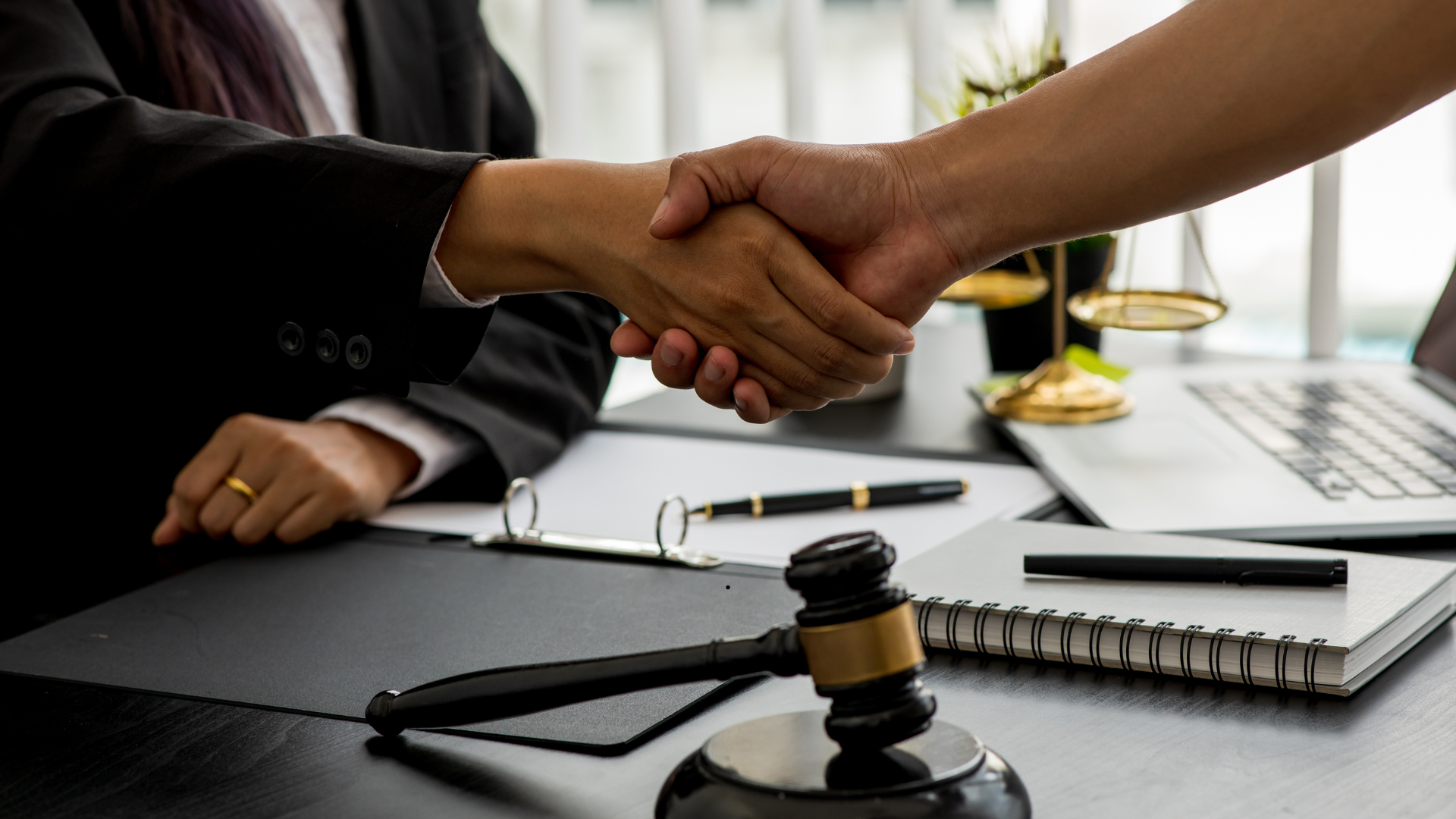
Facing criminal charges can be one of the most stressful experiences in a person’s life. The uncertainty of the legal process, the potential consequences, and the pressure of defending yourself can feel overwhelming. If you or someone you love is dealing with criminal charges in Miami, understanding the legal process and knowing what steps to take can make all the difference in securing the best possible outcome.
In this blog post, we’ll break down the steps you should take if you are facing criminal charges in Miami. From hiring a criminal defense lawyer to understanding the court system, this guide will help you navigate through one of the most challenging situations you may ever face.
1. Contact an Experienced Criminal Defense Lawyer
The first and most crucial step when facing criminal charges is to hire an experienced criminal defense lawyer. Your lawyer will be your advocate throughout the legal process, ensuring that your rights are protected and that you receive a fair trial. When selecting a criminal defense lawyer in Miami, it’s essential to find someone who is well-versed in Florida law and has experience with cases similar to yours.
A skilled lawyer will help you understand the charges against you, explain your options, and develop a defense strategy tailored to your specific case. They will also guide you through each stage of the legal process, from arrest to trial, making sure you don’t make any missteps that could hurt your case.
2. Understand the Charges Against You
Once you’ve hired a lawyer, it’s important to fully understand the charges against you. Your criminal defense lawyer will go over the details of your case and explain the legal elements of the charges. Whether you are facing a misdemeanor or felony charge, understanding the severity of the crime and the potential penalties is essential for making informed decisions.
If you are facing serious charges, such as assault, theft, or drug-related offenses, your lawyer may discuss the potential sentencing guidelines, including prison time, fines, or probation. It’s essential to be fully aware of the consequences so that you can work with your lawyer to develop an effective defense.
3. Prepare for Your Court Appearance
In criminal cases, you will be required to appear in court for hearings and possibly a trial. It’s important to be prepared for each court appearance, as your behavior and demeanor can impact the judge’s decision. Your lawyer will help you understand the court procedures and what to expect at each stage of your case.
During court appearances, the judge may rule on motions, set future dates for hearings, or make decisions related to bail or pretrial release. It’s essential to have your lawyer present to argue on your behalf and ensure that your rights are upheld throughout the court proceedings.
4. Consider Plea Bargains
In some criminal cases, the prosecution may offer a plea bargain. A plea bargain is an agreement in which the defendant pleads guilty to a lesser charge in exchange for a more lenient sentence. If the prosecution offers a plea deal, your lawyer will review it and help you determine whether it’s in your best interest to accept or reject the offer.
While plea bargains can sometimes result in a more favorable outcome, they are not always the best option. Your criminal defense lawyer will carefully weigh the evidence and circumstances of your case before advising you on whether to accept a plea deal or proceed to trial.
5. Gather Evidence and Build a Defense
As your case progresses, your lawyer will work to gather evidence that can support your defense. This may include interviewing witnesses, collecting physical evidence, and reviewing surveillance footage or police reports. The goal is to build a strong defense that either disproves the charges or raises reasonable doubt in the minds of the jury or judge.
Depending on the specifics of your case, your lawyer may use a variety of defense strategies. This could include claiming mistaken identity, self-defense, lack of intent, or challenging the prosecution’s evidence. Your lawyer will work closely with you to ensure that every aspect of the case is thoroughly examined and that you have the best possible defense.
6. Prepare for Trial
If your case goes to trial, your lawyer will guide you through every step of the process. This includes preparing your testimony (if applicable), preparing witnesses, and organizing evidence for presentation in court. Your lawyer will work to present your case in the most compelling way possible, using legal strategies to challenge the prosecution’s case and highlight weaknesses in the evidence.
It’s essential to trust your lawyer’s experience and follow their guidance during the trial process. With proper preparation and a solid defense, you will be in the best position to secure a favorable verdict.
7. Sentencing and Post-Trial Considerations
If you are convicted of a crime, your lawyer will be there to help you through the sentencing phase. Depending on the severity of the charges, you may face a variety of penalties, including fines, probation, or imprisonment. In some cases, your lawyer may argue for a reduced sentence based on mitigating factors, such as your criminal history or personal circumstances.
If you are sentenced to jail time, your lawyer can also help you explore options for early release, such as parole or probation. In addition, your lawyer may assist with post-conviction appeals if you believe the verdict was unjust or if there were legal errors during the trial.
Conclusion
Navigating the criminal justice system in Miami can be complicated, but with the right legal representation, you can ensure that your rights are protected and that you receive the best possible defense. If you are facing criminal charges, it’s essential to act quickly, hire an experienced criminal defense lawyer, and follow the necessary steps to protect your future.
At Ziemer Law, we specialize in criminal defense and family law matters. If you’re facing criminal charges in Miami, contact us today to schedule a consultation and discuss how we can help you.







